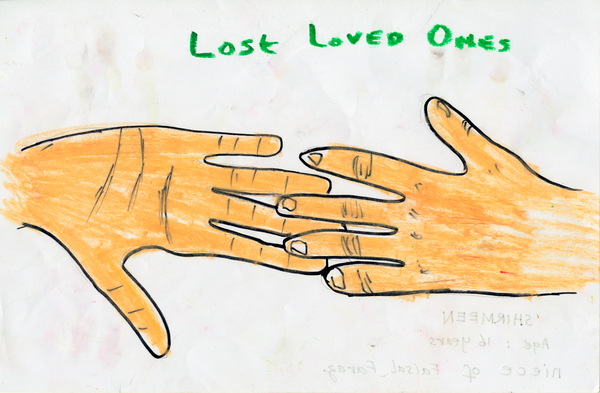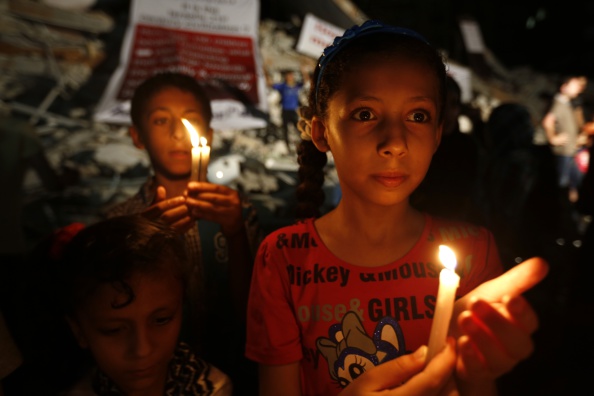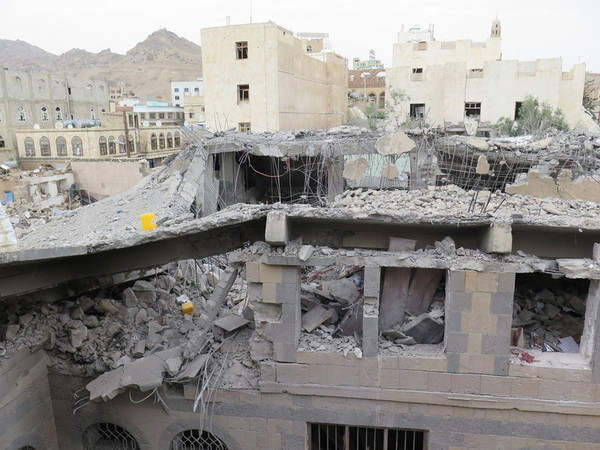
Destroyed home of al-Akwa family in which five civilians were killed in two consecutive airstrikes on 13 June 2015. (Credit: Amnesty International)
By Ali Azizi, Yemen Country Specialist for Amnesty International USA
Despite more than 100 days of heavy fighting, the impoverished country of Yemen is facing a humanitarian crisis that you most likely haven’t heard of.
According to the UN High Commissioner for Refugees (UNHCR) estimates there are more than 21 million people – 80 percent of the population — in need of aid throughout the country. All essential supplies, from food to fuel to medical supplies, are in severe shortage.
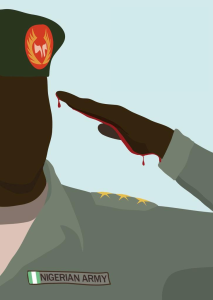 by Adotei Akwei and Bridget Duru
by Adotei Akwei and Bridget Duru
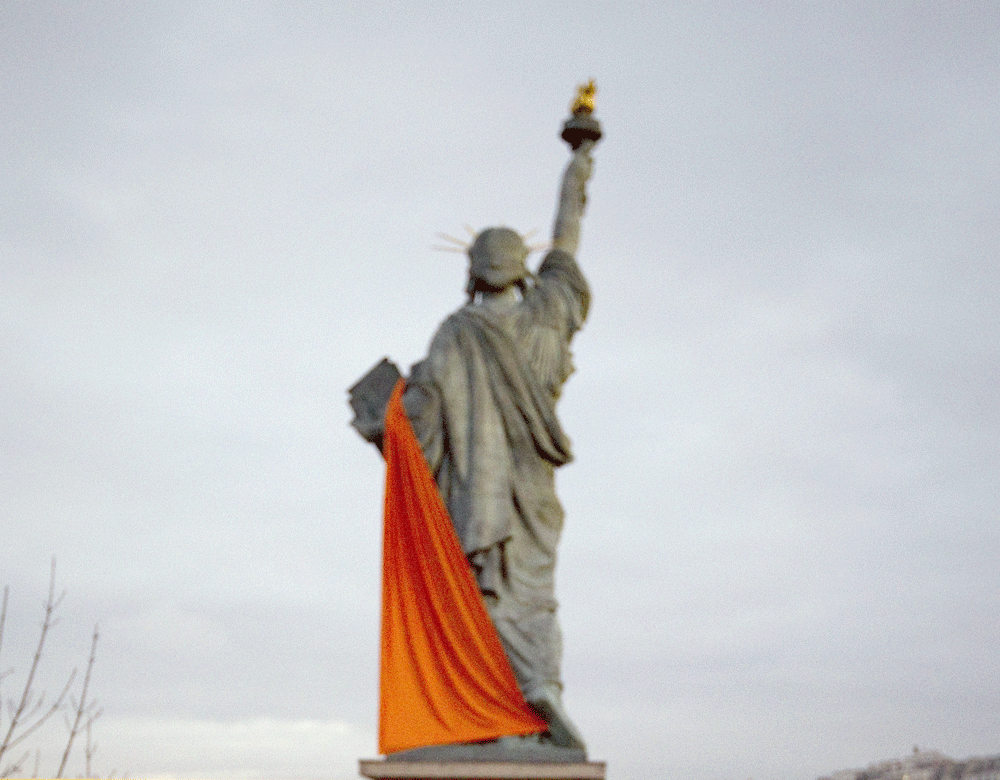
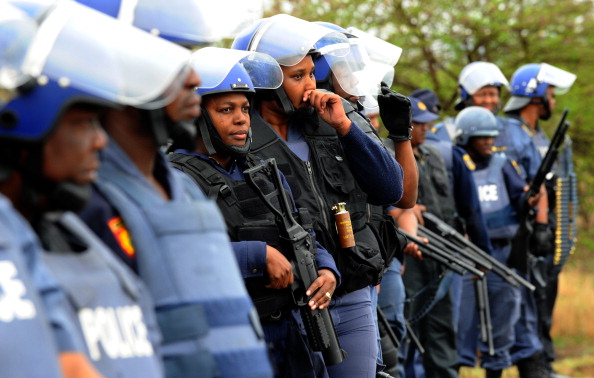
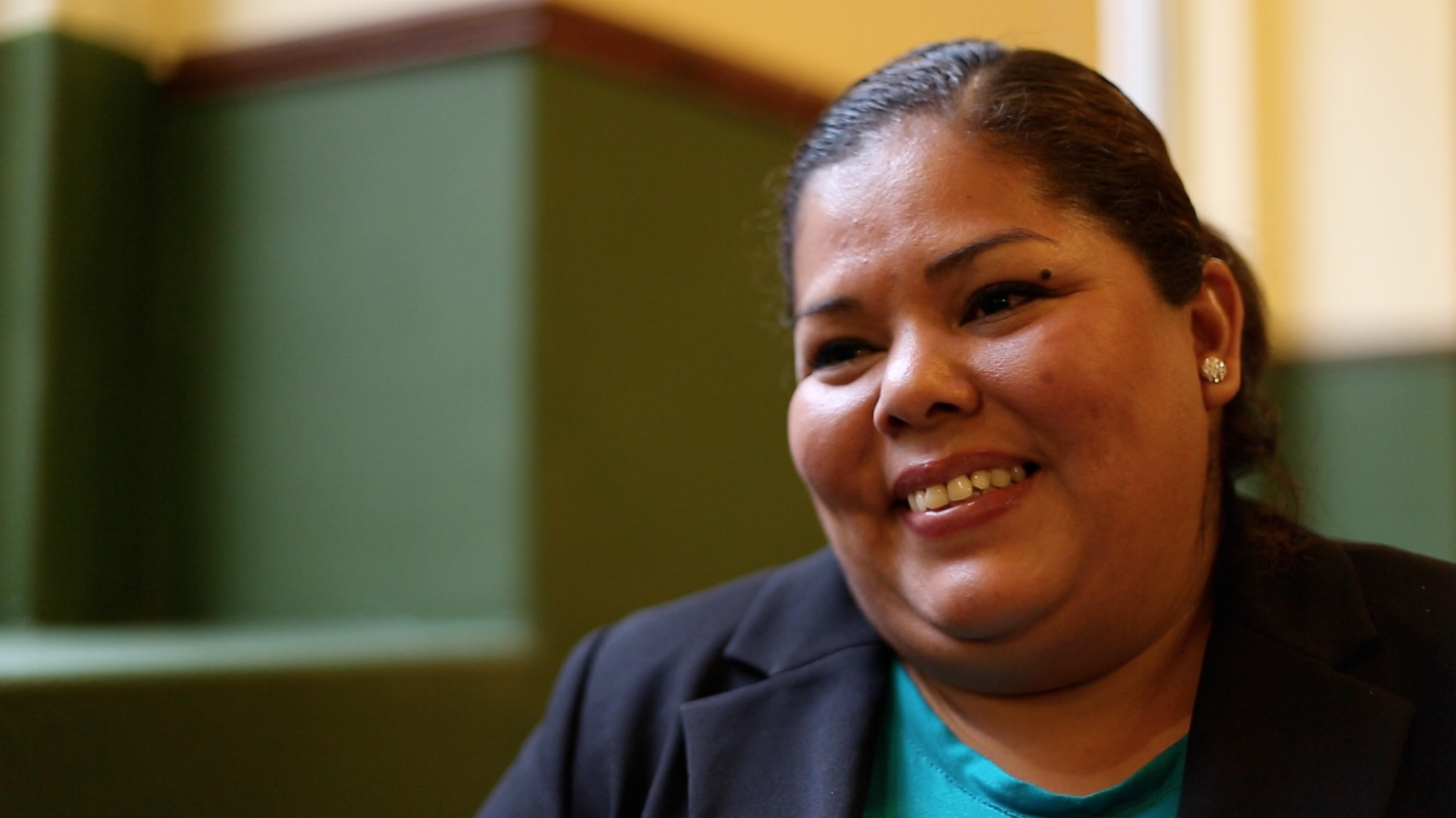
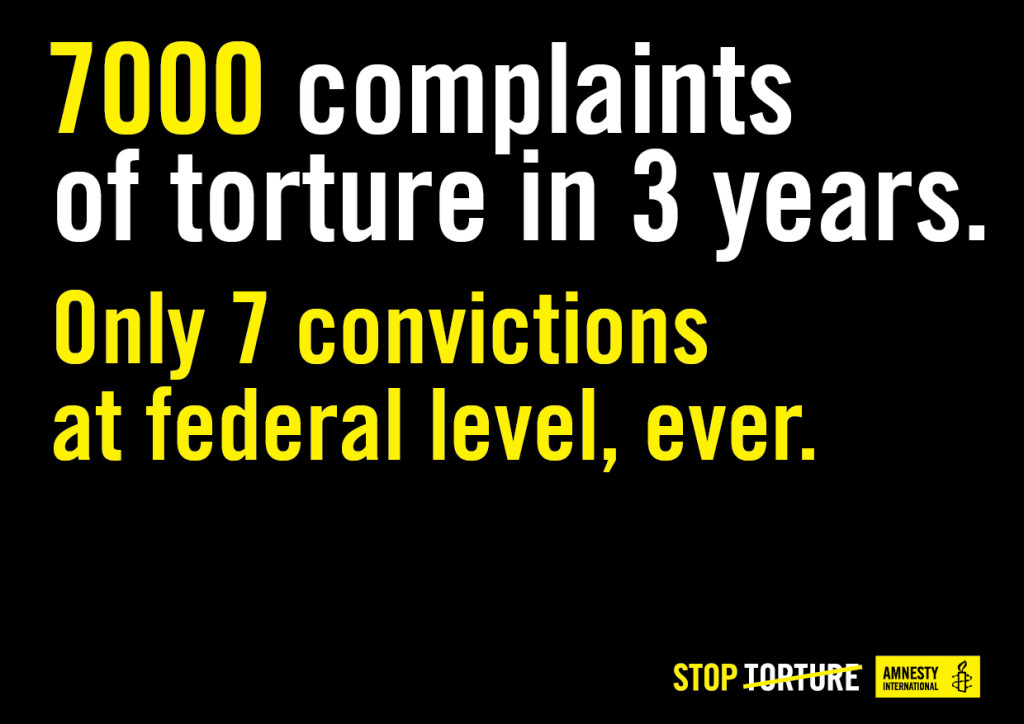 By Esmeralda Lopez, Amnesty International USA Country Specialist for Mexico My desire to end torture in Mexico runs deep. Years ago it became too dangerous for me to visit my family in Mexico because they are only hours from Ciudad Juarez, a hot spot of violence. Some officers point to incidents of violence and the high crime rate as justification for use of torture. But I know torture is not the solution.
By Esmeralda Lopez, Amnesty International USA Country Specialist for Mexico My desire to end torture in Mexico runs deep. Years ago it became too dangerous for me to visit my family in Mexico because they are only hours from Ciudad Juarez, a hot spot of violence. Some officers point to incidents of violence and the high crime rate as justification for use of torture. But I know torture is not the solution. 